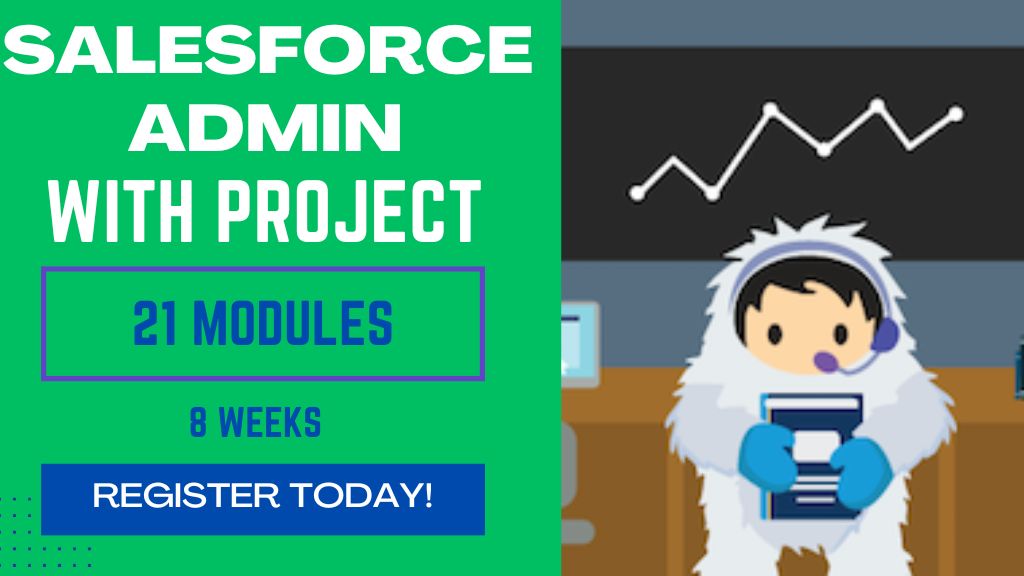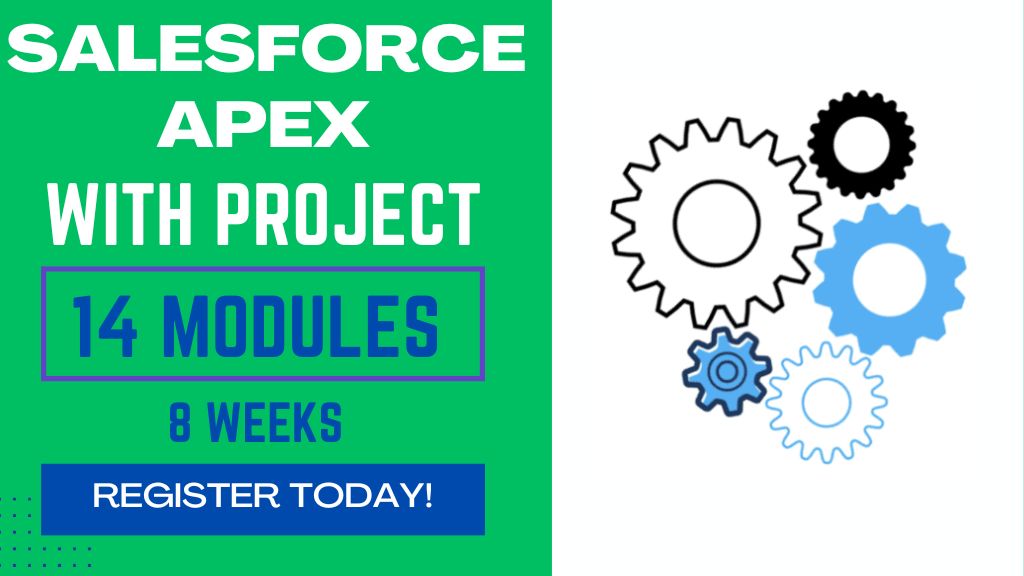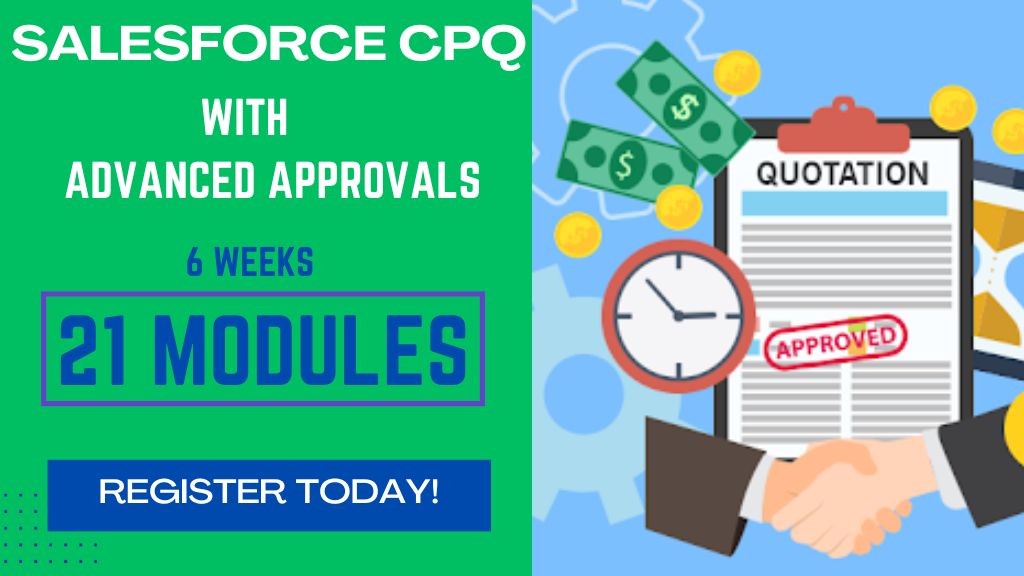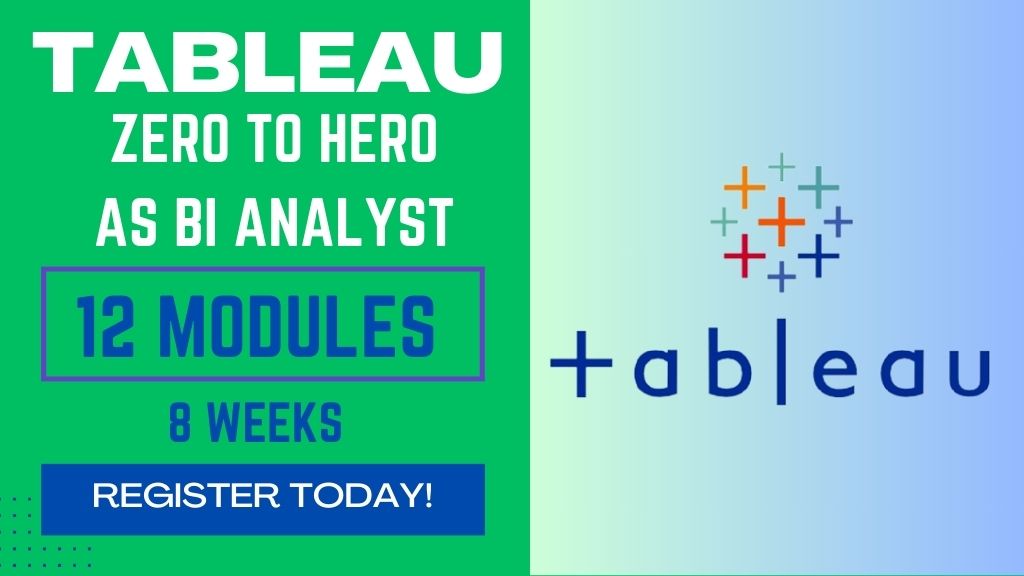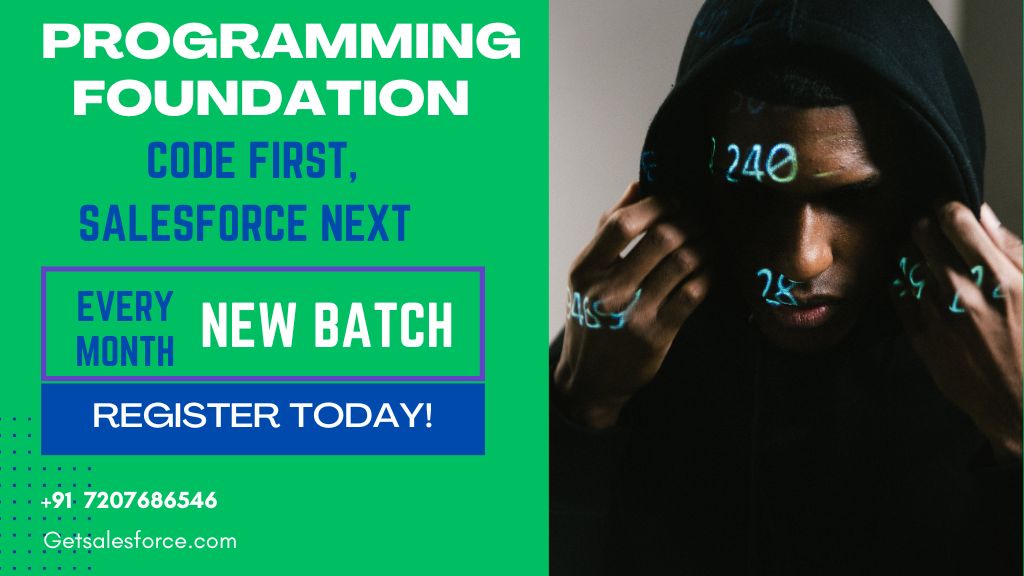
Topics Covered
Welcome to Programming Foundation, a beginner level program exclusively for Job Seekers and College Students. Our mission is to help students build a strong foundation in programming. In this course, we'll guide you through the essentials of programming, step by step, making complex concepts easy to grasp. You'll learn the fundamentals of coding languages, problem-solving techniques, and gain hands-on experience to set you on the path to becoming a proficient programmer. Join us as we unlock the world of programming, one line at a time, and provide you with the skills and knowledge you need for academic and career success.
Data Types and Variables: These are like containers for information in your programs. Learn how to use different types of containers (like boxes for numbers, text, and more) and how to work with what's inside them.
Control Structures: Think of these as instructions that tell your program what to do. You'll use loops to repeat actions and if/else statements to make decisions in your code.
Functions and Methods: These are like mini-programs within your program. You can create them to perform specific tasks, making your code easier to manage and reuse.
Data Structures: These are special ways to organize your data. It's like arranging your stuff in different types of shelves and drawers for easy access.
Error Handling: Mistakes happen. Learn how to handle them gracefully so your program doesn't crash and can recover when something goes wrong.
Object-Oriented Programming (OOP): This is a way to organize your code like building with Lego blocks. You create reusable pieces (objects) with their own properties and actions.
Algorithms and Data Structures: Algorithms are like step-by-step recipes for solving problems, and data structures are the tools you use to store and organize your data while solving those problems.
Debugging: Debugging is like being a detective for your code. You find and fix problems or "bugs" to make your program work as intended.
Testing: Before you say your program is done, test it thoroughly. Write small tests to check if different parts of your code work correctly.
Coding Style and Best Practices: Just like in writing, there are rules and styles for writing code. Learning and following these helps you write clean, readable, and maintainable code that others can understand and work with.
Project
In the "Programming Foundation" program, we believe that understanding and absorbing programming concepts is an exciting journey. As part of this program, we offer 25 engaging assignments designed to help you digest and absorb these concepts in a fun and interactive way. Successfully completing these assignments will earn you a Certificate of Completion, showcasing your dedication and proficiency in programming and database fundamentals.
Features
Strong Fundamentals: Focus on laying a solid groundwork by thoroughly covering fundamental programming and database concepts to ensure a strong foundation.
Step-by-Step Learning: Provide a structured curriculum that takes students through a step-by-step learning journey, gradually building complexity as they gain confidence.
Practical Exercises: Offer practical exercises and assignments that allow students to apply what they've learned, reinforcing their understanding of core concepts.
Experienced Instructors: Enlist experienced instructors who are skilled at simplifying complex topics and providing guidance to help students grasp the essentials.
Personalized Feedback: Provide individualized feedback and support to address students' unique learning needs, helping them strengthen their foundational skills.
